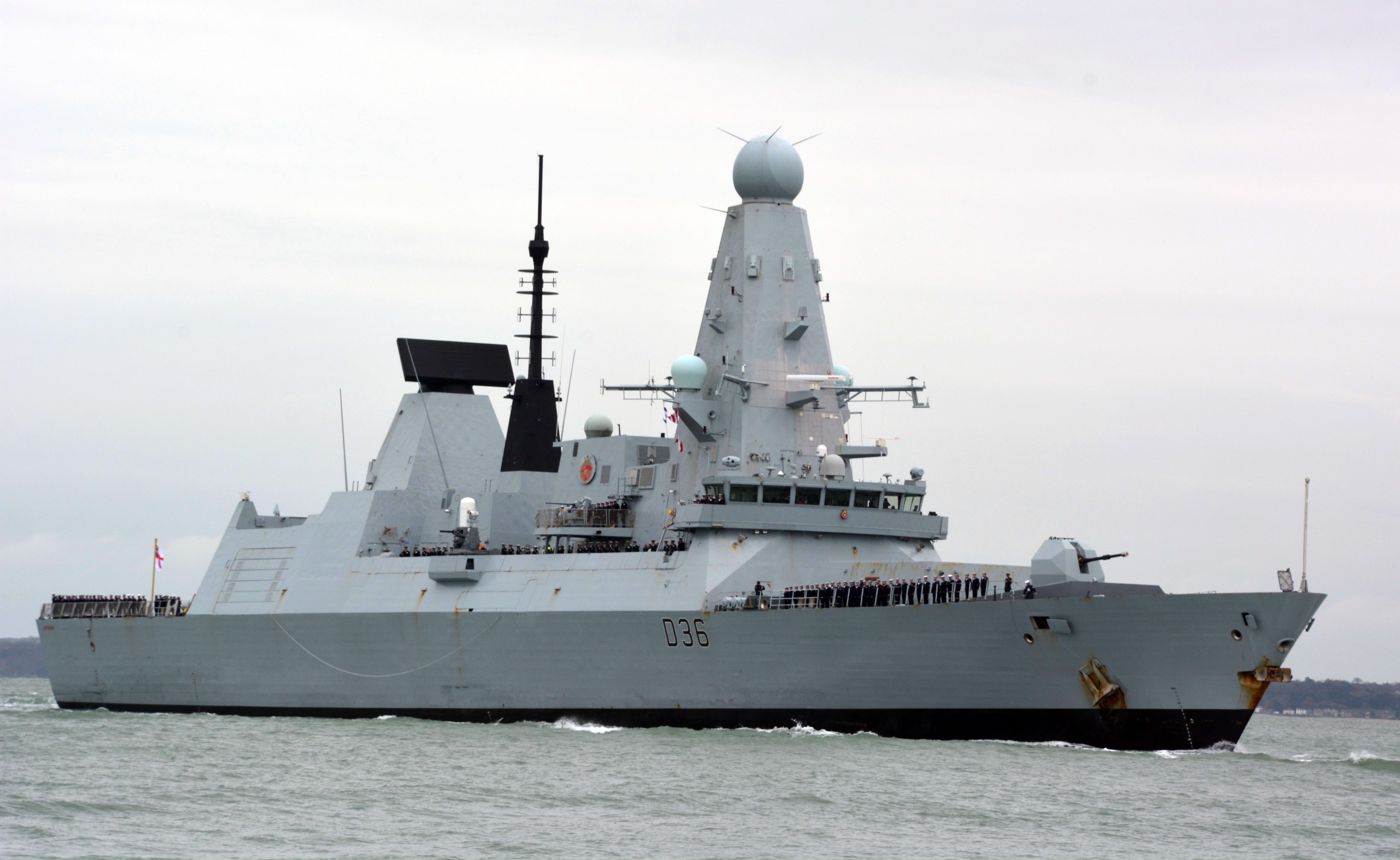Crimea: Where is the disputed region and why is it so controversial?
Black Sea has been site of several skirmishes since Russia annexed Crimea in 2014

Your support helps us to tell the story
From reproductive rights to climate change to Big Tech, The Independent is on the ground when the story is developing. Whether it's investigating the financials of Elon Musk's pro-Trump PAC or producing our latest documentary, 'The A Word', which shines a light on the American women fighting for reproductive rights, we know how important it is to parse out the facts from the messaging.
At such a critical moment in US history, we need reporters on the ground. Your donation allows us to keep sending journalists to speak to both sides of the story.
The Independent is trusted by Americans across the entire political spectrum. And unlike many other quality news outlets, we choose not to lock Americans out of our reporting and analysis with paywalls. We believe quality journalism should be available to everyone, paid for by those who can afford it.
Your support makes all the difference.Russia on Wednesday claimed that one of its military ships fired warning shots at a British Navy vessel in the Black Sea.
Moscow also alleged that one of its jets dropped bombs in front of HMS Defender as it entered Russia's territorial waters near Cape Fiolent, in the south of Crimea - a region governed by Russia but internationally recognised as part of Ukraine.
Britain's Ministry of Defence has said denied the reports, saying no shots were fired at the ship and that it does not recognise claims bombs were used.
Where is Crimea?
Crimea is a peninsula in eastern Europe at the top of the Black Sea. Russia annexed Crimea from Ukraine in March 2014 in part of a wider conflict between pro-Russian separatists and Ukrainian forces.
Prior to the annexation, Ukraine and the West had become worried about the Russian troops' concentration in the east of the country and urged Moscow to pull them back.
But Russia argued that it was free to deploy its forces on its territory and sternly warned the government in Kyiv against using force to reclaim control of the rebel-held territory east where more than 14,000 people have died in seven years of fighting.
The United States and the European Union imposed sanctions on Moscow for its annexation of Crimea, which isn’t recognized by most of the world.
Why was it annexed?
Ukraine was part of the Soviet Union until its collapse in 1991, and since then Russia has sought to keep the neighbour within its orbit.
Shortly after Russia annexed Crimea, Vladimir Putin met with newly-appointed leaders on the peninsula to a sign a treaty absorbing it into the Russia Federation.
In doing so, he declared that the peninsula “has always been an inseparable part of Russia”. But leaders in the West branded the move nothing more than a land grab.
David Cameron, UK prime minister at the time, said it was a “flagrant breach of international law” and sent a “message across the continent of Europe”.
The White House announced that then-president Barack Obama was inviting the leaders of the G7 group of nations to a meeting in Europe next week to discuss further action, and vice president Joe Biden said the crisis would be “a challenge… not for a month or a year [but] for many years to come”.
Why is the peninsula important to Russia?
Russia sees Crimea as a geo-strategically important area and has a naval base there. The Black Sea Fleet has been based on the peninsula since it was founded by Prince Potemkin in 1783.
The fleet’s strategic position helped Russia defeat Georgia in the South Ossetia war in 2008, and remains crucial to Russian security interests in the region.
Join our commenting forum
Join thought-provoking conversations, follow other Independent readers and see their replies
Comments